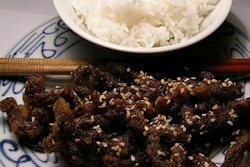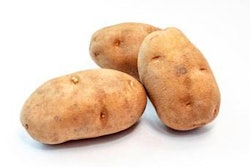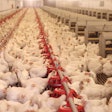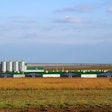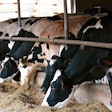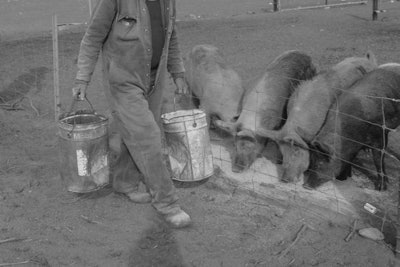
"Joe" shall be the pen name of an excellent feed salesman and pig producer who worked with me several years ago. One day, Joe stormed into my office and handed me a copy of a research paper, asking why a scientific journal would publish "rubbish" like that. Obviously, something went wrong.
Now, let me give you some background. Joe likes research and especially applying it to his own pigs. So, he keeps trying different things he finds here and there. So, I knew beforehand what was all this fuss about, but this time he had blundered like never before.
Joe read a paper about compensatory growth. You know, pigs underfed early on will catch up later by eating more or being more efficient in converting feed to meat. Nice idea, thought Joe, and he skimped on the expensive early feed expecting pigs to catch up later on with the low-cost finishing feed. Did it work?
Yes, it did, and it failed miserably! Joe’s pigs caught up (because he was marketing them over 100 kg body weight), but they did not deposit protein (lean meat). Instead, all that catching up was fat. His lean meat percentage was down and his carcass fat was way up. He was severely penalized at the slaughterhouse, and he was summarily angry with all science.
So, what happened?
First, compensatory growth is a much-debated topic. For every paper that is for this issue, there is another research report against it. Second, Joe’s pigs were early maturing, so he missed the window of opportunity when his pigs were designed to deposit protein, and they filled up their body mass with excess fat (and organ weight as other research reports indicate).
This all reminds me of something one of my professors used to say: information in isolation (one research paper) is useless unless it is combined with background (education). Or, as Joe found out the hard way: “Don’t take everything you read for granted.”


